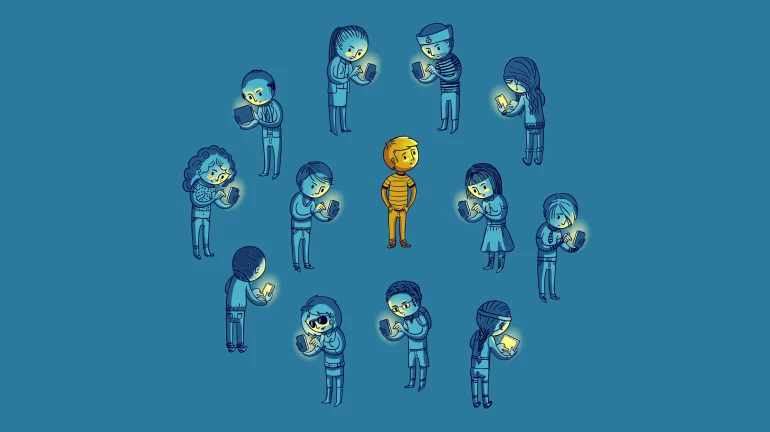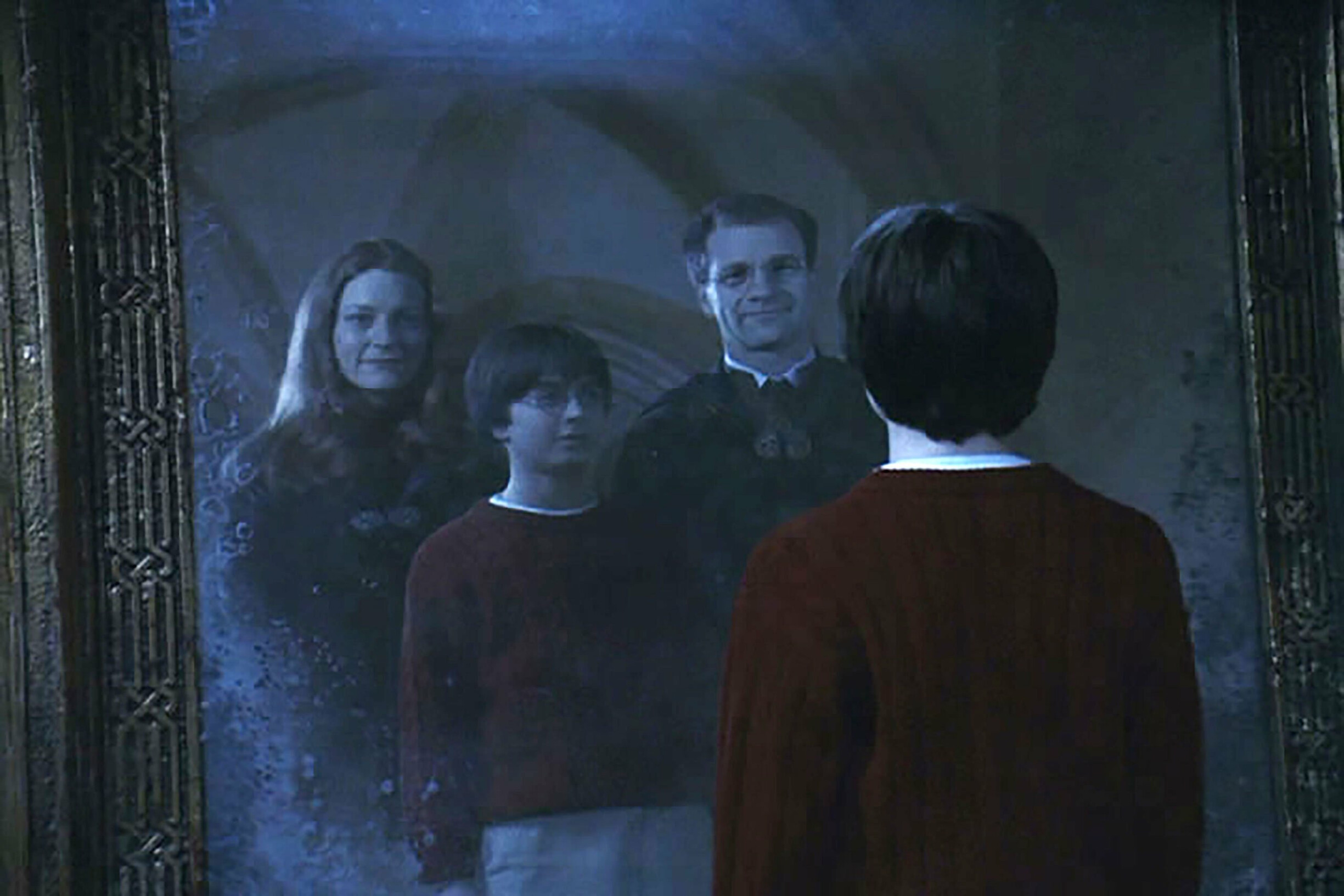
As a millennial, it is almost irresistible for me to get my eyes off the phone and I keep checking it 10-15 times within a span of 30 minutes. As troubling and worrisome it was, the addiction started showing signs when the scrolling on Instagram and Facebook was happening for hours without me being aware of my surrounding. It felt like I was an ordinary 22-year-old trying to reconnect with the friends and people that I might have been dissociated with due to physical distance but it always was more than that.
One fine Sunday, instead of playing cricket with my friends, I found myself on the bed chatting with my so-called online friends, and that is when it hit me that something wasn't right.
Within the next 10 minutes, I made a conscious decision to uninstall Facebook and Instagram. But surprisingly, it took me 10 long minutes to just delete two applications because I was busy posting about how the social media applications have been consuming my time on the two respective applications and how I was deleting them to save myself from missing out on actual, physical human touch. After which, during my ‘free time’, I came across a study from the University of Pennsylvania which supported the notion that excessive time spent on social media platforms like Facebook, Instagram, and Snapchat causes and contributes to depression and loneliness.
On further introspection, I realised that I had been missing physical human interaction and I had Fear Of Missing Out (FOMO). You see, I thought that everyone was close to me through the likes on Instagram and mentions on Facebook but I was actually desperate inside, trying harder and harder to get closer to the people.
While social media's effects on a person are debatable, one cannot deny its prevalence in an individual's life since social media is accessible to all and provides them with the variety to choose desirable content. Moreover, I felt that it is easier for a person to receive validation over a social media platform without making physical attempts and just merely adapting themselves as per the norms on their respective screens.
Therefore, prior to questioning the side effects of social media, it would be viable to understand the reason behind its prevalence. When I asked a friend from my college about why she uses social media, she gave me three reasons...
Well, basically I use social media for entertainment and to communicate with people. Secondly, I believe social media is a great place to soak yourselves with different perspectives. And one of the crucial reasons is that it provides me with a platform to voice out my opinions despite a fewer number of people listening to me."
I felt that the reasons given by her display why the majority of youth has the tendency to join social media sites as it provides them with social validation. On the other hand, just to provide you with a perspective, a 2012 Harvard research study shows that talking about oneself via social media activates a pleasure sensation within the brain which can be experienced with food, money, and sex. This explains why an individual experiences an adrenaline rush while receiving a notification or going back, again and again on social media to check the number of likes on the last photo uploaded.
So if one's phone doesn't buzz for a while, it triggers a feeling in their mind, 'Have I done something wrong?', 'Is my Instagram/Facebook not working?', 'Do they not like me anymore?'. More importantly, once they breed their thoughts on the question, 'Do they not like me anymore?', the thoughts develop into a feeling of low self-esteem and lead them to believe that they are not 'enough'.
American computer philosopher and writer, Jaron Lanier calls social media, 'a stealthy addiction'. He says that social media lets you get hooked on initially and a number of people are drawn towards it through the scheme of reward and punishment. For example, you are rewarded on Twitter when you get retweeted whereas punished when you receive backlash or negative comments. The model can be applied to any social media application, website and it seems to fit right.
But we often forget that our life is not represented by the photos we share or the people we connect with online. The problem with social media is not the content we consume, the actual problem is the content we share. The things we share are carefully selected and we arrange it in a way so that we can be 'perceived' in a certain manner and while there is nothing wrong in creating a persona, the desire to cling on to that persona leads to trouble.
So, does social media fuel depression and self-depreciation or is it the other way round and the more depressed a person is, the more he/she will try to be active on social media?
World Health Organisation (WHO) defines depression as, "a common mental disorder, characterized by persistent sadness and a loss of interest in activities that you normally enjoy, accompanied by an inability to carry out daily activities, for at least two weeks."
It seems that the people who are depressed or emotionally low, tend to stay more active on social media and share personal information more often so that their 'friends' can easily initiate contact with them, which they think helps them overcome the feeling of loneliness. But, instead of warding off the loneliness, the social media applications fuel the emotions of insecurity and validation amongst the youth, widening the rift for them that they so longingly intend to bridge which results in the applications feeding depression.
However, to a person suffering from depression, social media feels like the Mirror of Erised from the Harry Potter movies.

The Mirror of Erised shows an individual their 'deepest desires'. However, only here, the mirror works as a two-way portal for the social media platforms we browse on. The algorithm-driven software shows us the things we want to see i.e. our deepest desires, and we too, its digital slaves, choose to upload what we want others to perceive us as so that they can have what they desire on the Internet.
Things have changed so quickly for this generation. I recall a time when people would have diaries and they would be annoyed if someone read them whereas now they put everything online and get annoyed if people don't read them.
So, is eliminating the use of social media, solution for the issue? I think not. Because social media is prevalent all around us and it isn't going anywhere. In fact, technology is sure to outgrow its reach and therefore, it is vital that we learn to face the truth that we are more than what we decide to show on social media.





